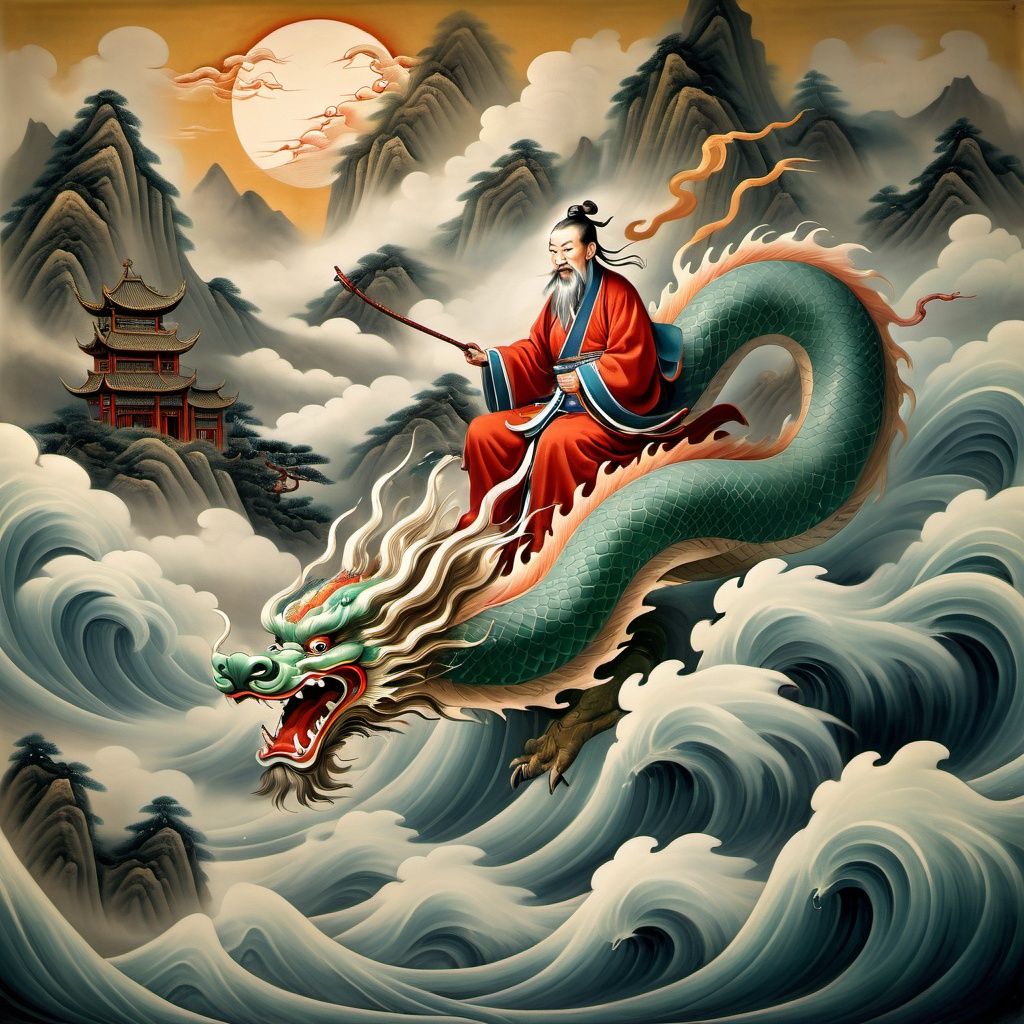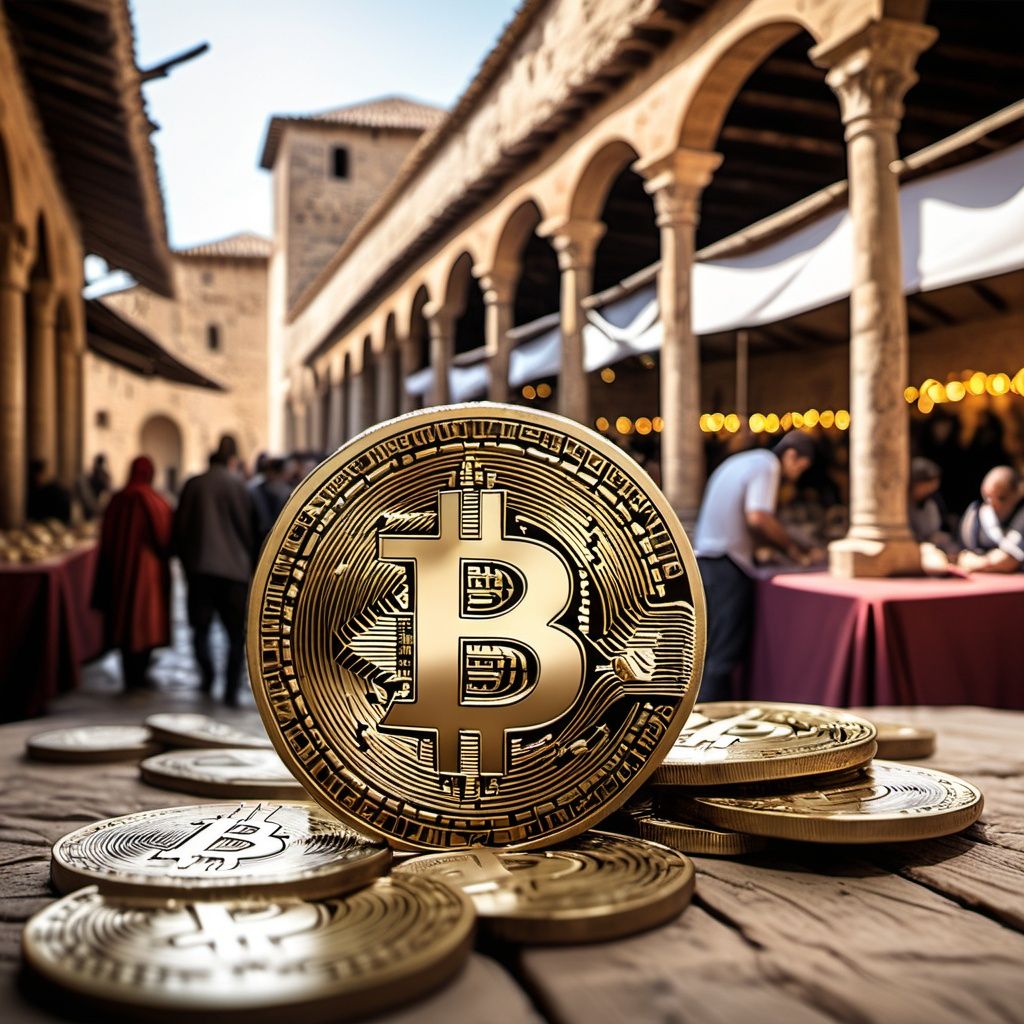On this episode, we continue our discussion of Confucianism and how it relates to modern-day Chinese culture and politics. Today, we're starting with Confucian ideals of Virtue and governance by wu-wei (effortless action). Then we jump straight into the politics of modern China, how Confucian principles are being mi-used, and contemplate how things might develop over the coming decades.
If you haven't already listen to Part 1 on Confucian Harmony, I recommend you do so before jumping into this episode!
Listen in your browser or click to download (Save as)
This episode is also available on Spotify, Apple Podcasts, and wherever else you get your podcasts from.
Timestamps:
- 0:00 - Another story from my time in China
- 12:10 - The Confucian ideals of Virtue and Self-Cultivation
- 29:25 - Wu-wei (effortless action) and Confucius' take on government
- 45:56 - The political machinery of modern China
- 57:41 - Geopolitics of China through the lens of Confucianism
- 1:02:35 - Confucian principles and the future of China
Recap:
- We kick off this episode with a different kind of story from the last episode, where I talked about Chinese hospitality. This time, I relay a very different type of experience involving a tea house and an air-conditioning salesperson.
- After this, we begin discussing the principles of self-cultivation and Virtue according to Confucianism, in which Confucius emphasizes that becoming truly wise takes a lifetime of learning.
- We then examine Confucius' thoughts on what a good government means. For him, a good requirement requires a virtuous ruler at the helm who's able to lead in this sort of wu-wei, hands-off sort of style. If this type of leadership is perfected, says Confucius, a state would have no need for laws and punishments.
- With a focus on this sort of top-down rule, treating the common people like children, and this goal of maintaining social harmony at all costs, we can see how these Confucian principles of good governance are being mis-used in modern-day China under the CCP.
- After talking about China's internal affairs and geopolitics through the lens of Confucian thinking (and particularly the idea of filial piety), we then go on to discuss what the future of China might look like and if we might see a resurgence in traditional Confucian ideals over the coming decades.
Works Cited:
- Edward Slingerland (translator), Confucius' Analects: With Selections from Traditional Commentaries. Hackett Publishing 2010.
- Julian Baggini, How the World Thinks: A Global History of Philosophy. Granta Books 2019.
- Kenan Malik, The Quest for a Moral Compass: A Global History of Ethics. Melville House 2015.




